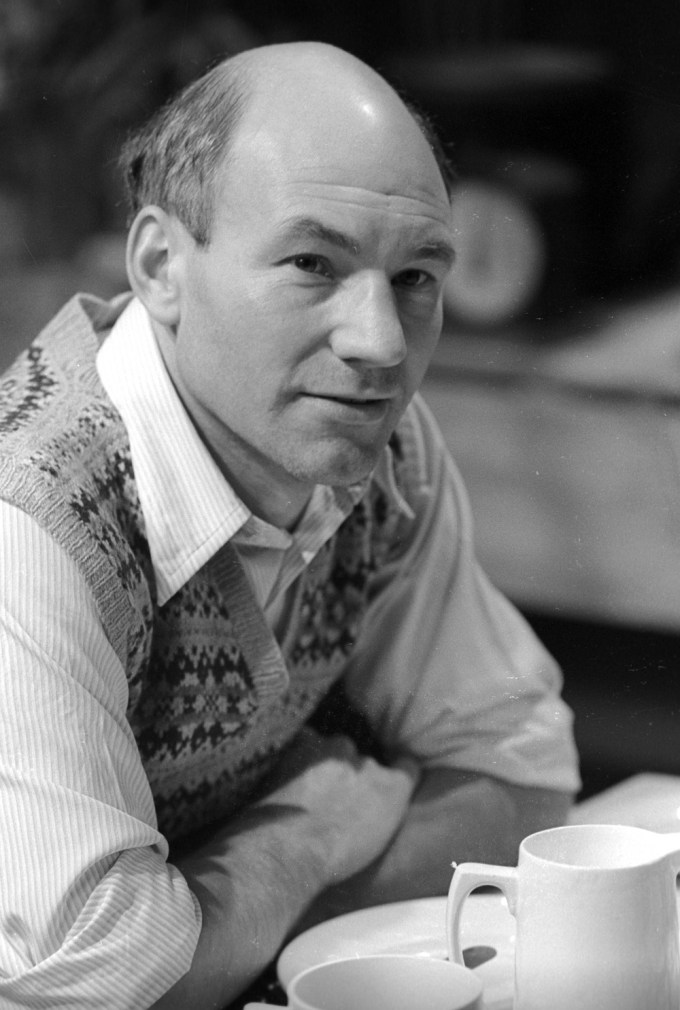What happened to enjoying a show and starship designs without bringing politics into it?
People seem to have forgotten how to separate the professional work and the personal lives of people. Whether you agree with some of their politics or not, if they gave us great work in designs for a long time, what is the problem? Especially when, as pointed out above, the current era of those in the same industry who actually know the person and have worked with them don't have any issues.
Regarding DISCO's upcoming end...
I figured it would end either with 5 seasons or when it reaches 100 episodes, which would have been season 9 if the pattern of episodes per season held. Ironically, I think if SNW didn't happen, they may very well have hit the 100 mark. It boils down to this.
DISCO was the flagship series for the franchise, until SNW arrived. Between the critics and audience reviews, it easily became the new flagship for the franchise. Plus, given the rising costs per season of DISCO, and the recent decision by Paramount Plus to cut costs because of the Showtime merge, DISCO's days were numbered.
We've seen this before in tv... back when it was the SciFi Channel, FARSCAPE was the network's flagship series. Then they acquired STARGATE SG-1, and that became the new flagship show, and put FARSCAPE on the chopping block due to high costs. (Despite them guaranteeing a season 5 along with a season 4.) Then BATTLESTAR GALACTICA came along, and that became the new flagship show of the network. The critical and audience reception was very, very good... rather similar to how well received SNW currently is being regarded by both.





